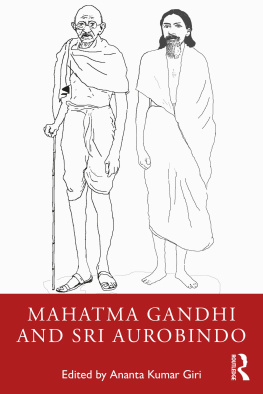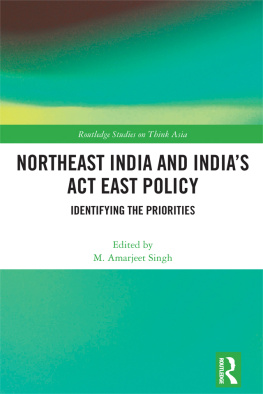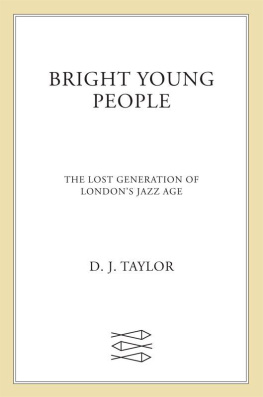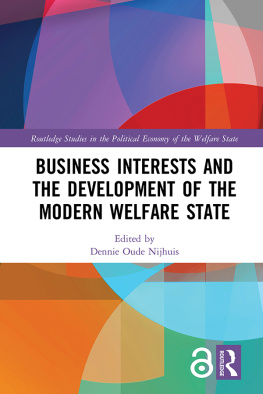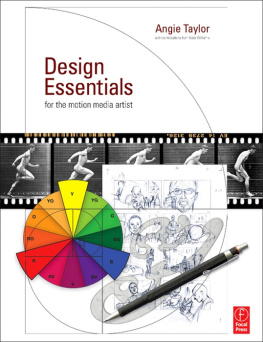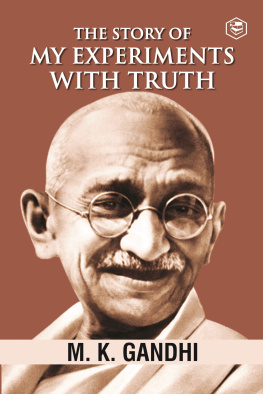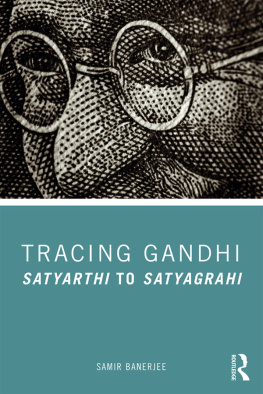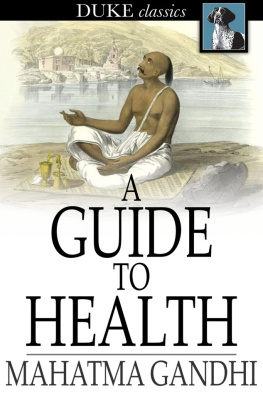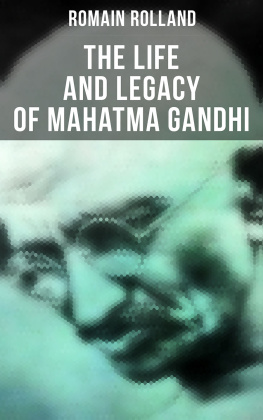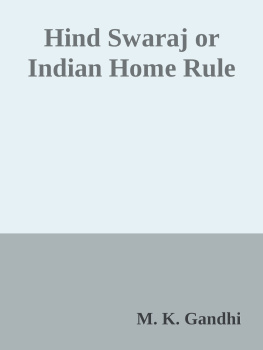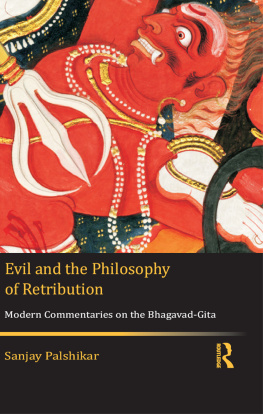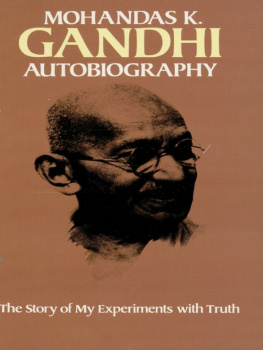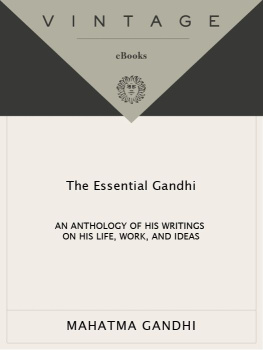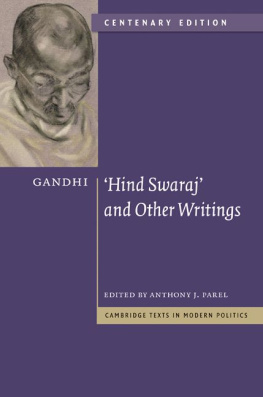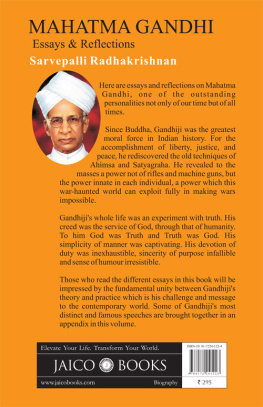This book presents the first systematic critical exploration of the philosophical and political thoughts of Mahatma Gandhi and Sri Aurobindo, both pioneers of modern Indian thought. Bringing together experts from across the world, the volume examines the thoughts, ideas, actions, lives and experiments of Mahatma Gandhi and Sri Aurobindo on themes such as radical politics and human agency; ideals of human unity; social practices and citizenship; horizons of sustainable development and climate change; inclusive freedom; conceptions of swaraj; interpretations of texts; Sri Aurobindos views on Indian culture; integral yoga; transformative leadership; Anthropocene and alternative planetary futures. The book discusses the contemporary legacies and works of the two influential thinkers. It offers insights into historical, philosophical, theoretical, literary and sociological questions that establish the need for transdisciplinary dialogues and the relevance of their visions towards future evolution.
This book will be useful to scholars and researchers of political science, Indian political thought, comparative politics, philosophy, Indian philosophy, sociology, anthropology, modern Indian history, peace studies, cultural studies, religious studies and South Asian studies.
Ananta Kumar Giri is Professor at Madras Institute of Development Studies, Chennai, India.
In this narrow window of time separating the 150th birth anniversaries of M.K. Gandhi and Sri Aurobindo, one of Indias most prolific and creative sociologists, Ananta Kumar Giri, proves once again to be a unique voice of simultaneous scholarship and devotion. In his latest edited book, Giri and his distinguished fellow contributors inaugurate a sustained, synergistic dialogue between these two national and global icons. What is fascinating is the consistent juxtaposition in every single chapternever before this book have Gandhi and Aurobindo so meticulously been brought together. The two may never have met in person, but Mahatma Gandhi and Sri Aurobindo reveals countless ways that they were also never apart.
Aakash Singh Rathore, O.P. Jindal Global University, Sonepat, India
Mahatma Gandhi and Sri Aurobindo have left us with a legacy of undeveloped potential for revolutionary political, economic, cultural, and environmental thinking and practice, for ethical living, and for transformative spiritual realization. This most significant book, bringing Gandhi and Sri Aurobindo-informed perspectives into complex dynamic dialogues and interactions, has the potential to burst open some of our present false, immoral, and destructive closures and to offer qualitatively new creative ways of relating to our contemporary crises that threaten life on the planet.
Douglas Allen, Professor of Philosophy, The University of Maine, USA
Amidst pandemic and climate change and global social upheaval this book lifts up the two paths to personal and political freedom charted by Mahatma Gandhi and Sri Aurobindo. We all seek sovereignty ( svaraj ). How might we be inspired by Gandhis nonviolence and holding to truth and Aurobindos descent of consciousness? These essays boldly bring us into heightened awareness of social location and the relentless and unremitting tragedies of human history. Contemporary solutions require moving into a shared vision of a plural universe, seeking federalist alliances rather than slipping intro nationalisms, setting aside personal, consumerist impulses in favor of a common good. This book edifies and educates the reader about the history of how Gandhi and Aurobindo responded during World War II. It explores literature about justice and injustice as found in the celebrated novel Samskara. These essays remind us of Gandhis call for lifestyle simplicity, and the quest for human liberation as exemplified by Aurobindo. It poses the enduring question: beyond mere survival, how do we sustain and thrive?
Christopher Key Chapple, Doshi Professor of Indic and Comparative Theology and Director, Master of Arts in Yoga Studies, Loyola Marymount University, Los Angeles, CA, USA
Mahatma Gandhi and Sri Aurobindo
Edited by
Ananta Kumar Giri
First published 2022
by Routledge
2 Park Square, Milton Park, Abingdon, Oxon OX14 4RN
and by Routledge
605 Third Avenue, New York, NY 10158
Routledge is an imprint of the Taylor & Francis Group, an informa business
2022 selection and editorial matter, Ananta Kumar Giri; individual chapters, the contributors
The right of Ananta Kumar Giri to be identified as the author of the editorial material, and of the authors for their individual chapters, has been asserted in accordance with sections 77 and 78 of the Copyright, Designs and Patents Act 1988.
Disclaimer: The views and opinions expressed in this book are solely those of the individual authors and do not necessarily reflect those of the editor or the publisher. The analyses based on research material are intended here to serve general educational and informational purposes and not obligatory upon any party. The editor has made every effort to ensure that the information presented in the book was correct at the time of press, but the editor and the publisher do not assume and hereby disclaim any liability with respect to the accuracy, completeness, reliability, suitability, selection and inclusion of the contents of this book and any implied warranties or guarantees. The editor and publisher make no representations or warranties of any kind to any person, product or entity for any loss, including, but not limited to special, incidental or consequential damage, or disruption alleged to have been caused, directly or indirectly, by omissions or any other related cause.
All rights reserved. No part of this book may be reprinted or reproduced or utilised in any form or by any electronic, mechanical, or other means, now known or hereafter invented, including photocopying and recording, or in any information storage or retrieval system, without permission in writing from the publishers.
Trademark notice: Product or corporate names may be trademarks or registered trademarks, and are used only for identification and explanation without intent to infringe.
British Library Cataloguing-in-Publication Data
A catalogue record for this book is available from the British Library
Library of Congress Cataloging-in-Publication Data
A catalog record has been requested for this book
ISBN: 978-0-367-54509-3 (hbk)
ISBN: 978-0-367-56308-0 (pbk)
ISBN: 978-1-003-09725-9 (ebk)
DOI: 10.4324/9781003097259
Typeset in Bembo
by SPi Technologies India Pvt Ltd (Straive)
For Radha Bhatt
Richard Hartz
Chitta Ranjan Das
Mahendra Nath Mohanty
and the participants of contemporary creative Gandhian movements in India and across the world and the Integral Education Movement in Odisha, India and the world
When emerging into independence, countries and peoples are fortunate to have wise and farsighted leaders able to chart the way ahead. Broadly, the founding of a country and its institutions requires two main qualities: practicality and lofty spirit. Practicality means that institutions have to be adapted to the particular people and their experiences; concretely it means that people feel at home in their institutions seen as channels of their actions. However, by themselves, institutional and legal frameworks do not provide sufficient motivationespecially in times of crisis and disruption. In such situations, people have to be lifted above their normal comfort level and be encouraged to strive for bolder visions and possibilities, that is, for a level of conduct which is usually called the good life. These are situations when it is important, even imperative, to hark back and remember the inspiring words of founding guides and their actions.

